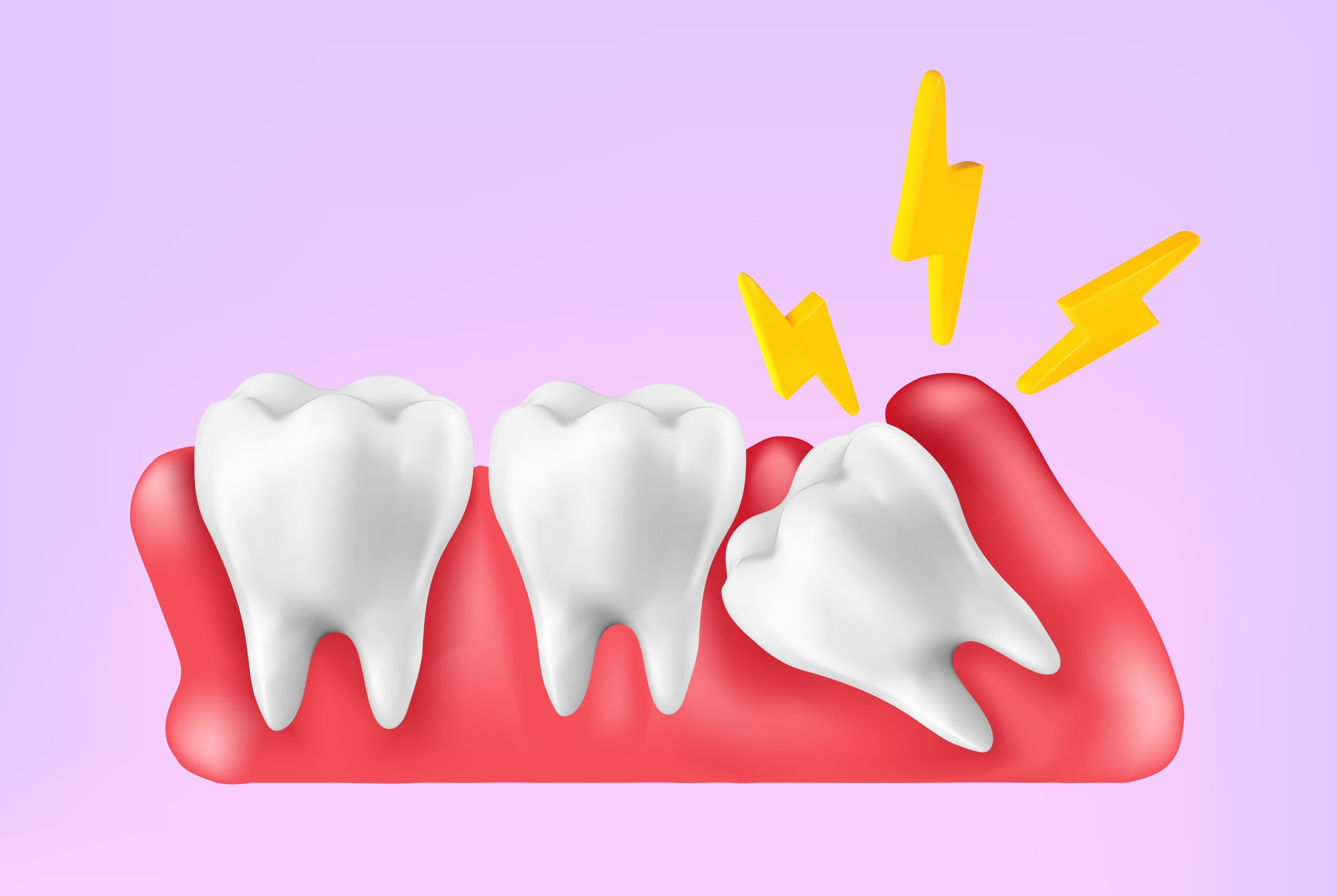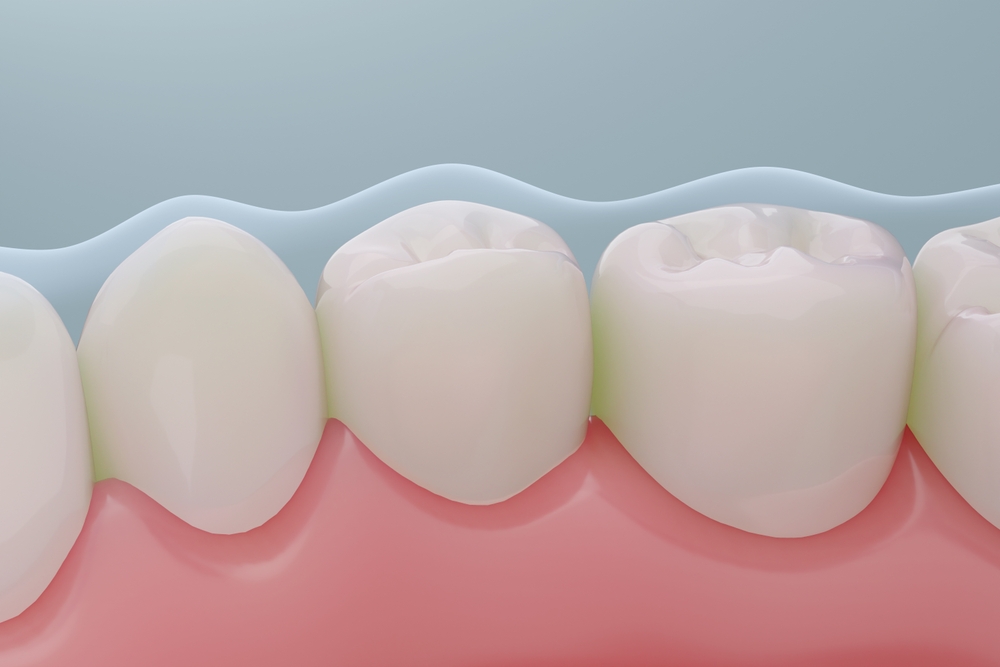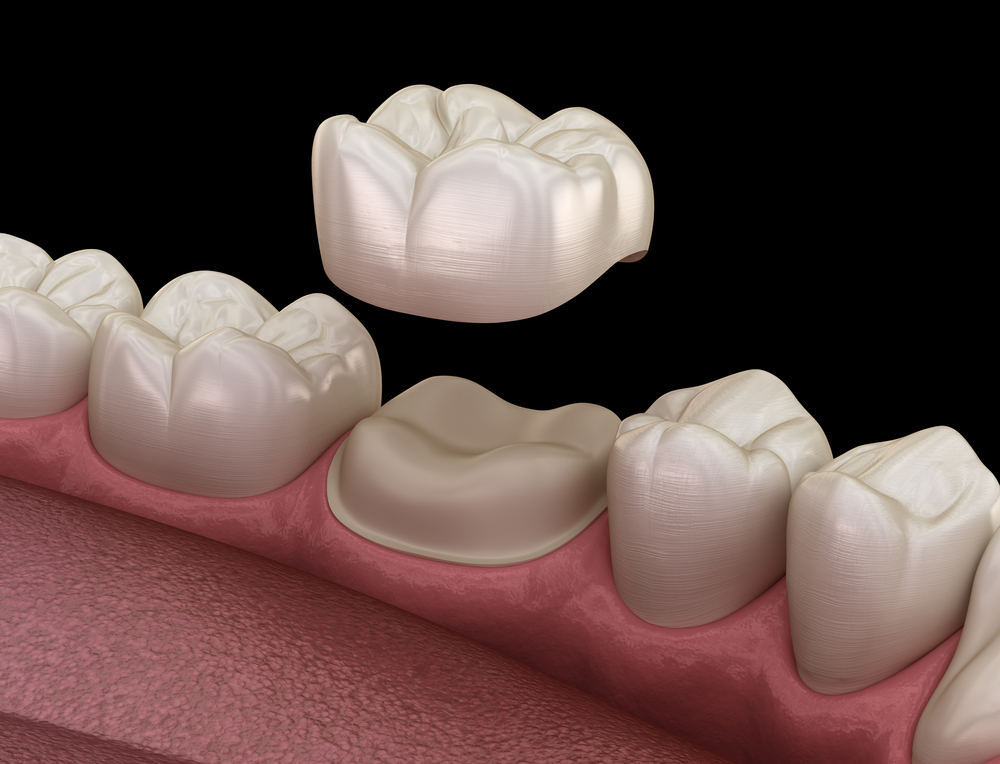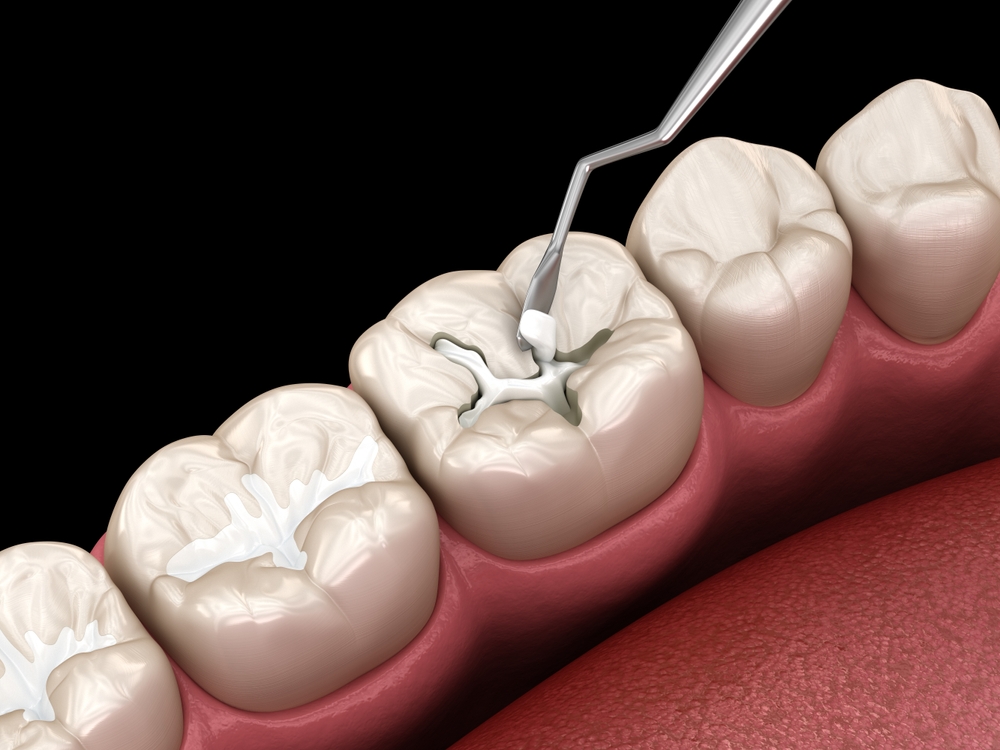Blog List
Learn more about chiropractic in our blog!

A healthy smile starts with what you do every day. While professional dental care is essential, your daily teeth-cleaning routine plays a crucial role in preventing cavities, gum disease, and other oral health concerns.

Hearing the words “tooth extraction” can make many patients feel anxious, but in some situations, removing a tooth is the healthiest choice for your smile and overall oral health. Whether it’s wisdom teeth causing discomfort or a damaged tooth that can’t be saved, extractions are sometimes necessary to prevent pain, infection, and long-term complications.

For many patients, a trip to the dentist can bring feelings of anxiety or fear. Fortunately, modern dental care offers a safe and effective solution - IV sedation dentistry. This method allows patients to receive the treatment they need while remaining calm and comfortable. But who exactly is a good candidate for this type of sedation?

Maintaining a healthy smile involves more than just brushing and flossing daily. Preventive dental treatments such as sealants and fluoride applications offer an added layer of protection against cavities and decay. At Clarity Dental Center for Implant and Family Dentistry, we believe in helping patients safeguard their smiles with treatments that strengthen teeth and prevent future dental issues.

If you’ve been living with missing teeth, uncomfortable dentures, or the frustration of declining oral health, you may be wondering if All-on-4® dental implants are the right solution for you. This innovative treatment has transformed the way patients restore their smiles by providing a stable, natural-looking set of teeth with fewer implants and less invasive procedures than traditional methods.

When a tooth becomes cracked, worn down, or severely decayed, restoring its strength and function is essential for protecting your oral health. One of the most common restorative options is a dental crown.

When it comes to restoring a damaged or decayed tooth, you have several options. But how do you know which treatment is right for you? At Clarity Dental Center for Implant and Family Dentistry, we believe that understanding your options is the first step to making the best choice for your oral health.

If you're self-conscious about your teeth, it can affect everything from how often you smile to how confidently you speak in public. At Clarity Dental Center for Implant and Family Dentistry, we believe that everyone deserves to feel proud of their smile. That’s where a smile makeover can make a powerful difference.

Your toothbrush is one of the most important tools in maintaining good oral hygiene. It helps remove food particles, plaque, and bacteria that can lead to cavities, gum disease, and bad breath. But while many people focus on brushing twice a day, they often forget to consider how often their toothbrush should be replaced.

If you are missing most or all of your teeth and are looking for a stable, long-lasting solution, All-on-4 implants may be the ideal treatment. This innovative approach replaces a full arch of teeth using just four strategically placed implants. It is a life-changing option for many, but not everyone is a candidate. Understanding what makes a good candidate can help you take the first step toward a confident smile.









